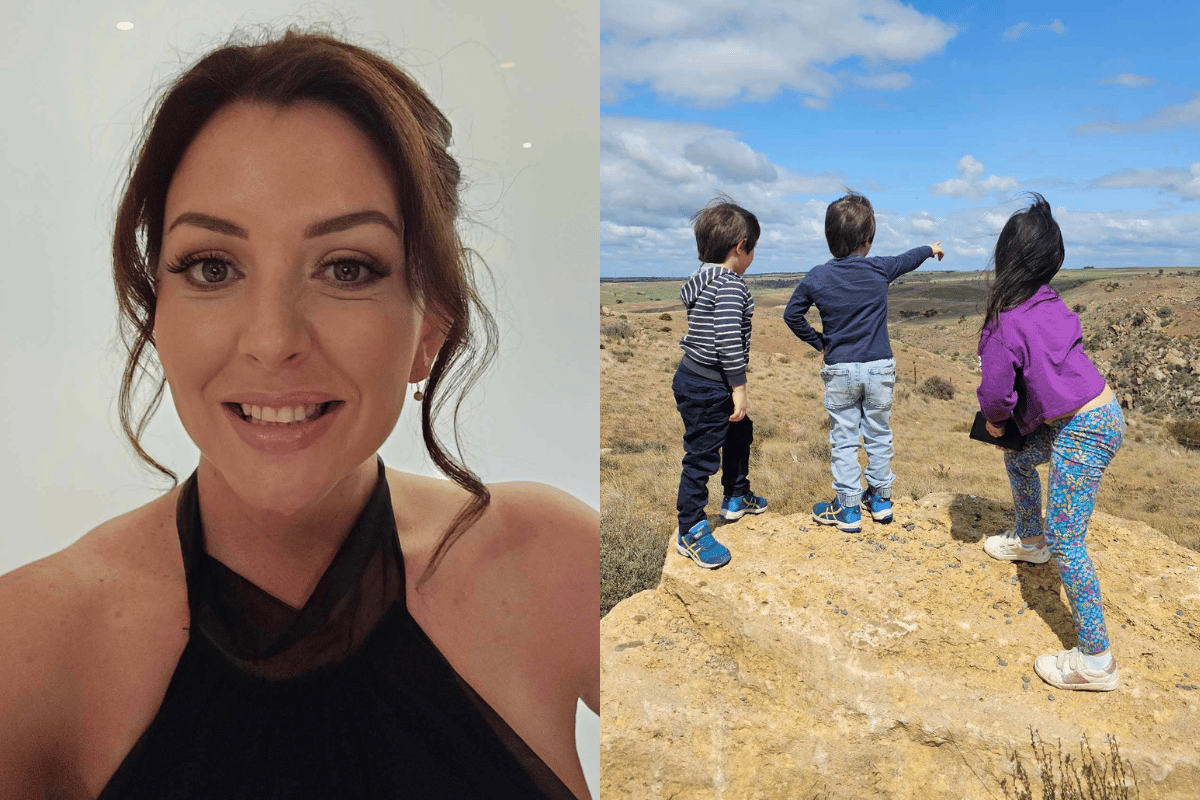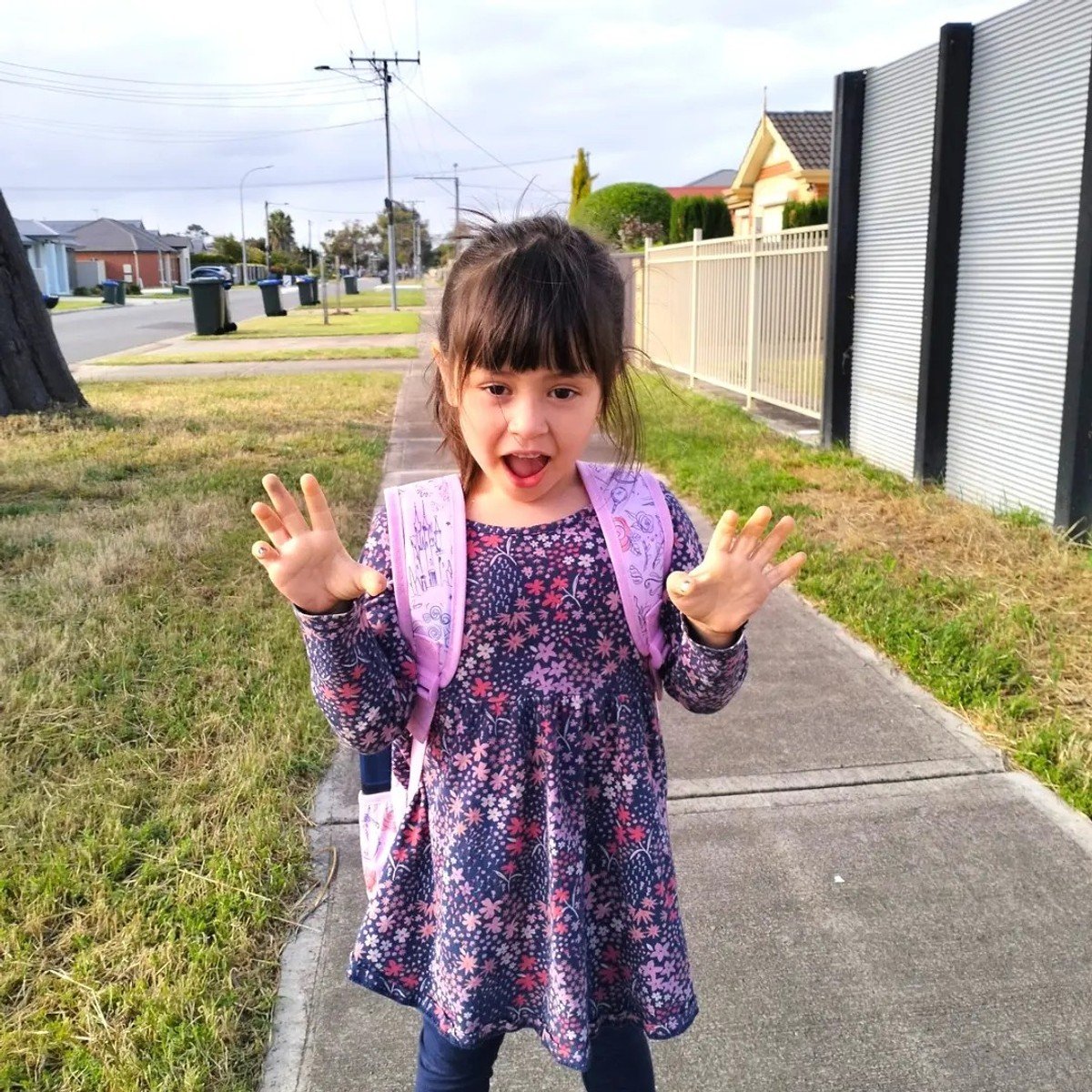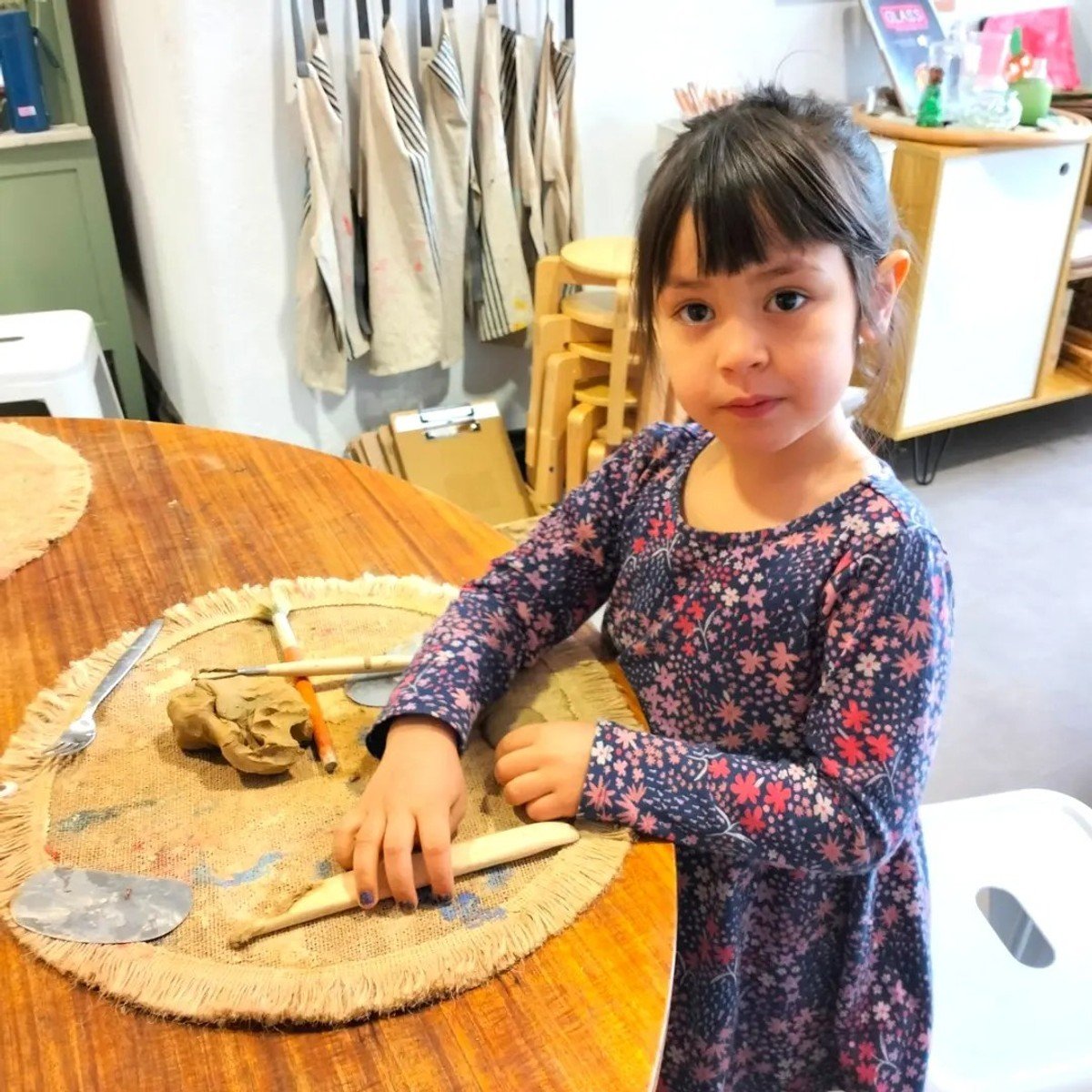
The first year of school marks the end of an era in parenting, and a new beginning for your child as they are entrusted into the education system to help shape their eager minds.
But with this next chapter comes new expectations and demands which can create challenges for children who do not fit the mould.
For neurodivergent children who may struggle with communication, behaviour and social interactions, the traditional schooling system can be overwhelming. While schools have been making progress to be more inclusive, each neurodivergent child has their own unique behaviours and traits.
When our daughter started her first year at a highly recommended, child-led private school, we believed wholeheartedly that she would thrive.
She is a confident, social and highly articulate child, unfazed by new places or people. Our daughter loved her new school, spoke of new friends and loved all the new activities on offer.
 Image: Supplied.
Image: Supplied.






























































































